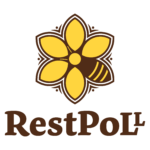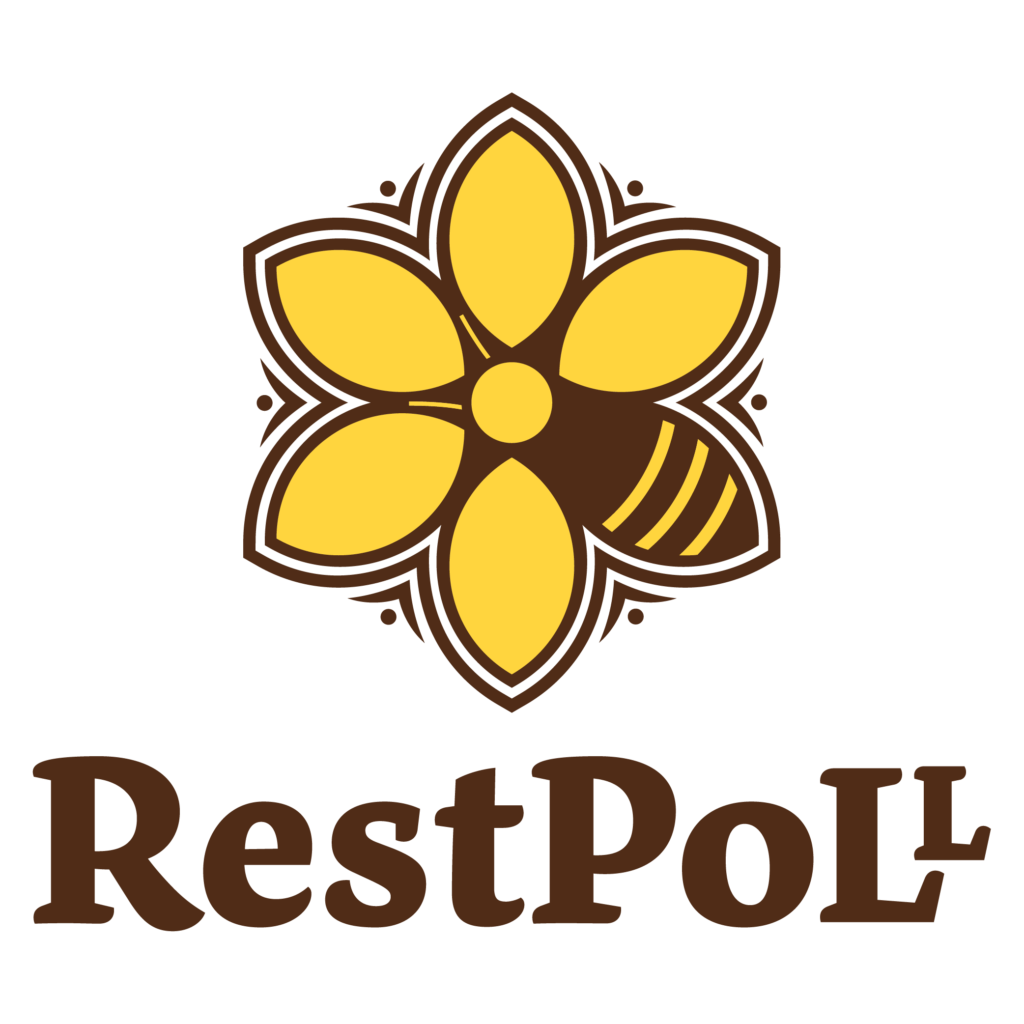To save Europe’s pollinators, exchanging existing information is important, but not enough! New knowledge is needed on how animals and plants are doing on – and in – the ground as they deal with changing circumstances. What better way would there be to study these living beings than in Living Labs? Here, academics work together with farmers and communities to share the fruits of their joint research. You could say that Living Labs are a hotspot of cross-pollination! Let’s meet them more up close.
RestPoll booth during Bükk National Park's annual meeting with local farmers other stakeholders in Hungary
What are Living Labs?
Living Labs are dynamic and cooperative environments where research takes place in real-life contexts. The end users and the community are directly involved. This approach allows RestPoll researchers and institutions to develop restoration solutions or implementations through collaboration. Partners could be farmers, scientists, land managers, policymakers or business owners. The Living Labs embrace feedback throughout the project. As a result, their impact is sustainable – in terms of both duration and environmentally.
The establishment and research process within Living Labs is divided into three phases. First, the exploration phase involves getting to know the current situation of stakeholders and working areas as well as designing possible scenarios for the future. Second, the experimentation phase relates to the real-life testing of one or more proposed scenarios. Third and final, the evaluation phase assesses the progress and impact of the experiment on the current situation. Ultimately, this process should lead to the desired future scenario.
A useful example of a Living Lab is the BiodivNetz in Germany. This network of 22 demonstration farms seeks to produce food while protecting pollinators and preserving the cultural landscape. The local government, the University of Freiburg, and farmers work together towards this aim. The Living Lab acts as a real-life research environment for experimentation, demonstration and mutual learning. Read more about BiodivNetz.
Fluid and flexible
Just as researchers study the life cycles of plants and pollinators, the labs themselves are by their nature evolving and adapting to changeable circumstances. In the midst of climate catastrophe, the labs are concerned with the ‘post-normal’ situation of the here and now. By contrast, traditional science tends to focus on the ‘normal’ situation of the past. The labs therefore have to balance the diverse perspectives of people on the ground with the scientific reproducibility of experiments.
Living Labs are fluid and flexible in another way as well. Because they are tailored to the characteristics of their local environment, each Living Lab is different from the next. The areas where they are located have different socio-economic and socio-ecological elements. In RestPoll, the Living Labs are the result of formal partnerships with government and other parties or are more grassroots, community-driven and bottom-up. Crucially, seven Living Labs were already existing, while 10 will be established during the project!
The official launch meeting of RestPoll Nestos Delta Living Lab on June 18th (2024)
Strength in diversity
Having 17 Living Labs in 14 countries offers a unique insight into diverse habitats as well as human cultures. Although the labs are all independent, they also interact via regular meetings, training sessions and data exchange. Instead of aiming for uniform approaches among the labs, they all paint different pictures of pollinator restoration. Together, these pictures create a colourful harmony.
With the help of the Living Labs, RestPoll hopes to establish restoration measures for pollinators that are economically viable and environmentally friendly, along with increasing social awareness. The only way to ensure this future is to focus on co-design and co-learning. By comparing different perspectives among collaboration partners, the labs ensure that they accommodate the values and needs of local parties. This way, all can share in their benefits.




